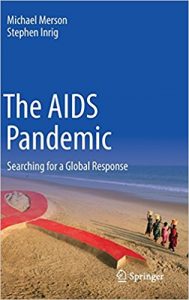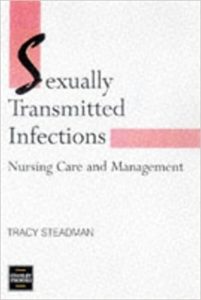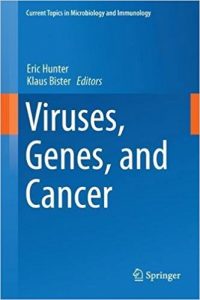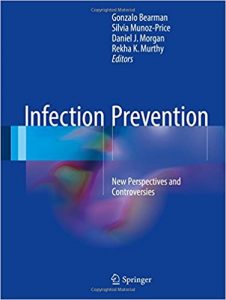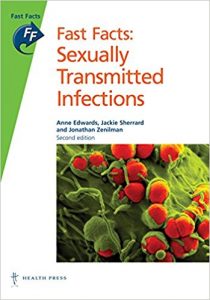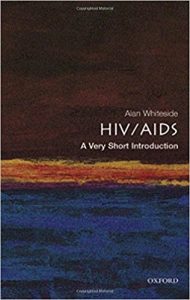Population Mobility and Infectious Disease

[amazon template=iframe image2&asin=0387476679]
Population Mobility and Infectious Disease moves beyond traditional behavioral and demographic theories of disease diffusion to focus on larger issues of social ecology and public health. With depth rarely seen in the international literature, it explores the complex and varied roles of mobile, transient, and displaced populations in the worldwide spread of airborne, waterborne, and sexually transmitted infections.
The book argues that while biomedical events cause disease, social forces such as poverty and marginalization magnify them by giving them new opportunities to take hold. Population mobility―either voluntary or forced―brings contact between populations with different disease prevalence rates; outbreaks in turn are compounded by inequalities in access to medical care. From Katrina to Darfur, and from influenza to AIDS, an expert panel of health and social scientists bring the socioeconomic context of epidemics into clear focus.
-Historical perspectives on migration, development, and epidemics
-Social resources and health barriers among migrant groups
-The role of mobile labor populations (e.g., migrant workers, truckers, the military) in disease transmission
-War, refugees, resettlement: health effects on the world scale
-Natural disasters and climate change: their local and global disease impact
-Leisure travel and health risks, from spring-break binges to commercial sex tourism
-Methodological and design issues confronting researchers
-The politics of prevention: ethical concerns in migration-related illness
The unique scope of this book makes it as timely as the next health crisis and relevant to a gamut of interrelated fields, including public and international health, epidemiology, psychology, sociology, anthropology, human rights, and development and planning. By expanding concepts, examining trends, and pinpointing areas for intervention, it is a critical resource for the academic, research, practice, and policy sectors.

